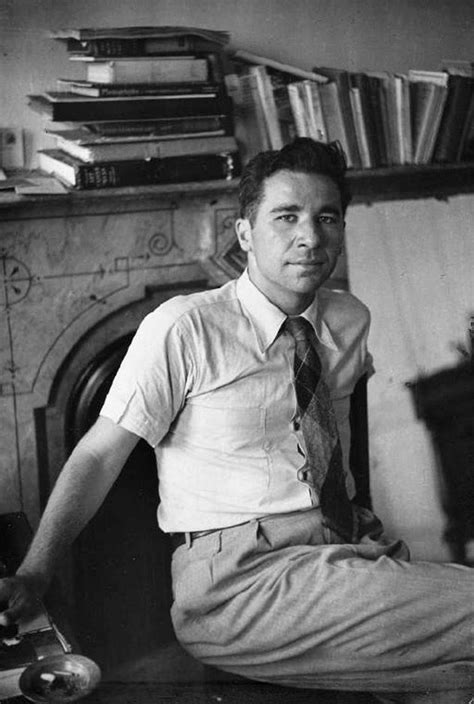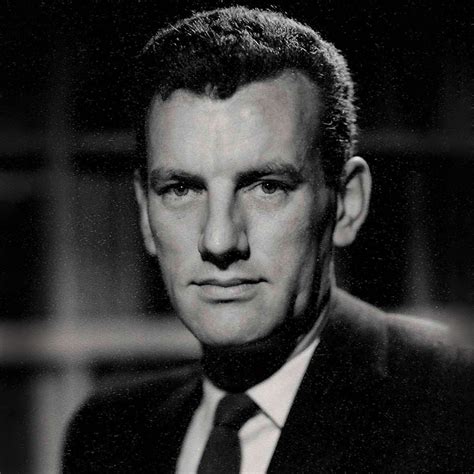A Quote by Jack Vance
The less a writer discusses his work and himself the better. The master chef slaughters no chickens in the dining room; the doctor writes prescriptions in Latin; the magician hides his hinges, mirrors, and trapdoors with the utmost care.
Related Quotes
The human race may be compared to a writer. At the outset a writer has often only a vague general notion of the plan of his work, and of the thought he intends to elaborate. As he proceeds, penetrating his material, laboring to express himself fitly, he lays a firmer grasp on his thought; he finds himself. So the human race is writing its story, finding itself, discovering its own underlying purpose, revising, recasting a tale pathetic often, yet none the less sublime.
The fact about himself that the liar hides is that he is attempting to lead us away from a correct apprehension of reality; we are not to know that he wants us to believe something he supposes to be false. The fact about himself that the bullshitter hides, on the other hand, is that the truth-values of his statements are of no central interest to him . . . He does not care whether the things he says describe reality correctly. He just picks them out, or makes them up, to suit his purpose.
The writer walks out of his workroom in a daze. He wants a drink. He needs it. It happens to be a fact that nearly every writer of fiction in the world drinks more whisky than is good for him. He does it to give himself faith hope and courage. A person is a fool to become a writer. His only compensation is absolute freedom. He has no master except his own soul and that I am sure is why he does it.
Every man speaks and writes with intent to be understood; and it can seldom happen but he that understands himself, might convey his notions to another, if, content to be understood, he did not seek to be admired; but when once he begins to contrive how his sentiments may be received, not with most ease to his reader, but with most advantage to himself, he then transfers his consideration from words to sounds, from sentences to periods, and, as he grows more elegant, becomes less intelligible.
The fact that labour is external to the worker, i.e., it does not belong to his intrinsic nature; that in his work, therefore he does not affirm himself but denies himself, does not feel content but unhappy, does not develop freely his physical and mental energy but mortifies his body and his mind. The worker therefore only feels himself outside his work, and in his work feels outside himself.

































